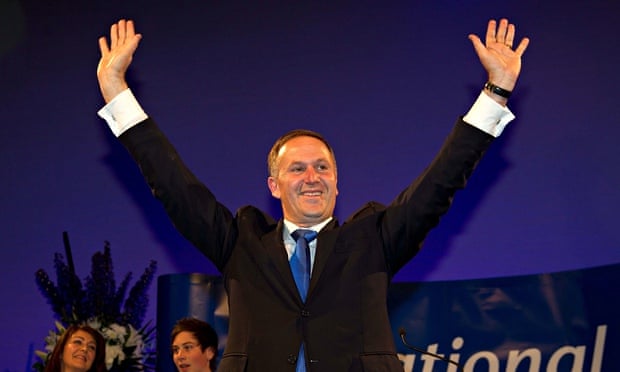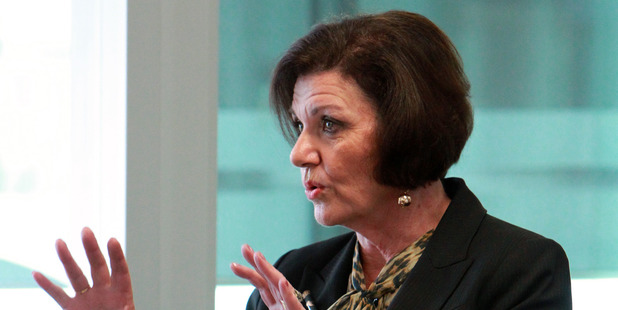Free Spirits? There was a time when that Kiwi urge to match and, if possible, to exceed the achievements of other, larger societies, extended well beyond the confines of sport. What other word but “spirited” could describe the exploits of the Anzacs at Gallipoli; the struggle of the wharfies and their trade union allies in 1951; or the 56 days of protest that greeted the 1981 Springbok Tour? What was New Zealand’s anti-nuclear stance if not thymos in action?
PLATO, the Ancient Greek philosopher, likened the human
psyche to a chariot in full flight. Propelling the chariot forward were two
powerful horses. The first, Eros,
symbolised the human pursuit of physical well-being and pleasure. The second, Thymos, symbolised the human quest for
recognition and renown. Controlling these unruly steeds, in Plato’s scheme, was
the charioteer, Logos, symbolising
the power of reason to reconcile and balance the driving passions of humankind.
The Ancient Greeks assumed that what was true for the
individual must also be true for human societies as a whole. If the masses,
like individuals, are driven by a combination of the desire for comfort and
pleasure and the need to be thought well of and admired, then it behoves their
rulers, like any good charioteer, to strike the best balance between the
masses’ psychic drivers. The trick lay in ensuring that neither Eros nor Thymos became too strong. In no other context was the Ancient Greek
maxim: “moderation in all things” more highly prized than politics.
It is important to note here that thymos has a meaning over and above the quest for recognition and
renown. It also describes the quality of “spiritedness” – as in a spirited stallion, or a spirited debate. It’s a quality most of
us have little difficulty in recognising, but frequently struggle to define.
A person, or a society, in which the quality of thymos was lacking would have no desire
to seek recognition or renown. They would be preoccupied with securing creature
comforts and pursuing strictly personal and private gratifications. Making
money and amassing possessions would count for much more than making a name for
themselves or amassing the good opinions of their fellow citizens. Such people
might best be described as the inhabitants of an “erotic” society.
Has New Zealand society become “eroticised” in this way? Has
Logos, our charioteer, given Eros his head, while reining Thymos in? Are we being driven in
circles?
Not on the sporting field we’re not. In fact, it is
difficult to imagine an environment more expressive of thymos than the world of New Zealand sport. When the All Blacks
perform the haka they become the
living embodiment of thymotic power.
And yet, there is something about the professionalization
and commercialisation of sport that smacks more than a little of the erotic.
The days of amateur Rugby players: of the men who competed for nothing more
than recognition and renown among their countrymen; are long gone. Today, we
are invited to consume the performances of our sporting heroes in ways that are
barely distinguishable from the ways we are encouraged to consume the products
of their sponsors.
The fate of New Zealand sport echoes the fate of New Zealand
society generally. There was a time when that Kiwi urge to match and, if
possible, to exceed the achievements of other, larger societies, extended well
beyond the confines of sport. What other word but “spirited” could describe the
exploits of the Anzacs at Gallipoli; the struggle of the wharfies and their
trade union allies in 1951; or the 56 days of protest that greeted the 1981
Springbok Tour? What was New Zealand’s anti-nuclear stance if not thymos in action?
That so many New Zealanders no longer feel driven to “punch
above their weight” should prompt us to question just how rationally and
reasonably our charioteers have acted over the past 30 years.
Clearly “spiritedness” was not a quality they felt
comfortable encouraging. But, equally clearly, they were more than happy to
encourage Kiwis to consume as much as they could afford – and more. Somehow,
the reasonable charioteers, who had understood the need to keep the erotic and
thymotic urges evenly balanced in New Zealand society, had been usurped.
Those currently in charge of New Zealand no longer argue for
a political settlement that recognises the needs of body and spirit. The
propensity of thymos to challenge the
lassitude and moral cowardice of erotic societies renders it subversive in the
eyes of our new charioteers. Reason, rationality, wisdom: the key attributes of
Plato’s logos; have become synonymous
with the unconstrained transactions of the marketplace. Spirited citizens have
been replaced by docile consumers.
Nothing captures New Zealand’s psychic subversion like the
selfie. There was a time when thymotic Kiwis made the world photograph them.
Now erotic Kiwis photograph themselves.
This essay was originally published in The Waikato Times, The Taranaki Daily News, The Timaru Herald, The Otago Daily Times and The Greymouth Star of Friday, 22 April 2016.















